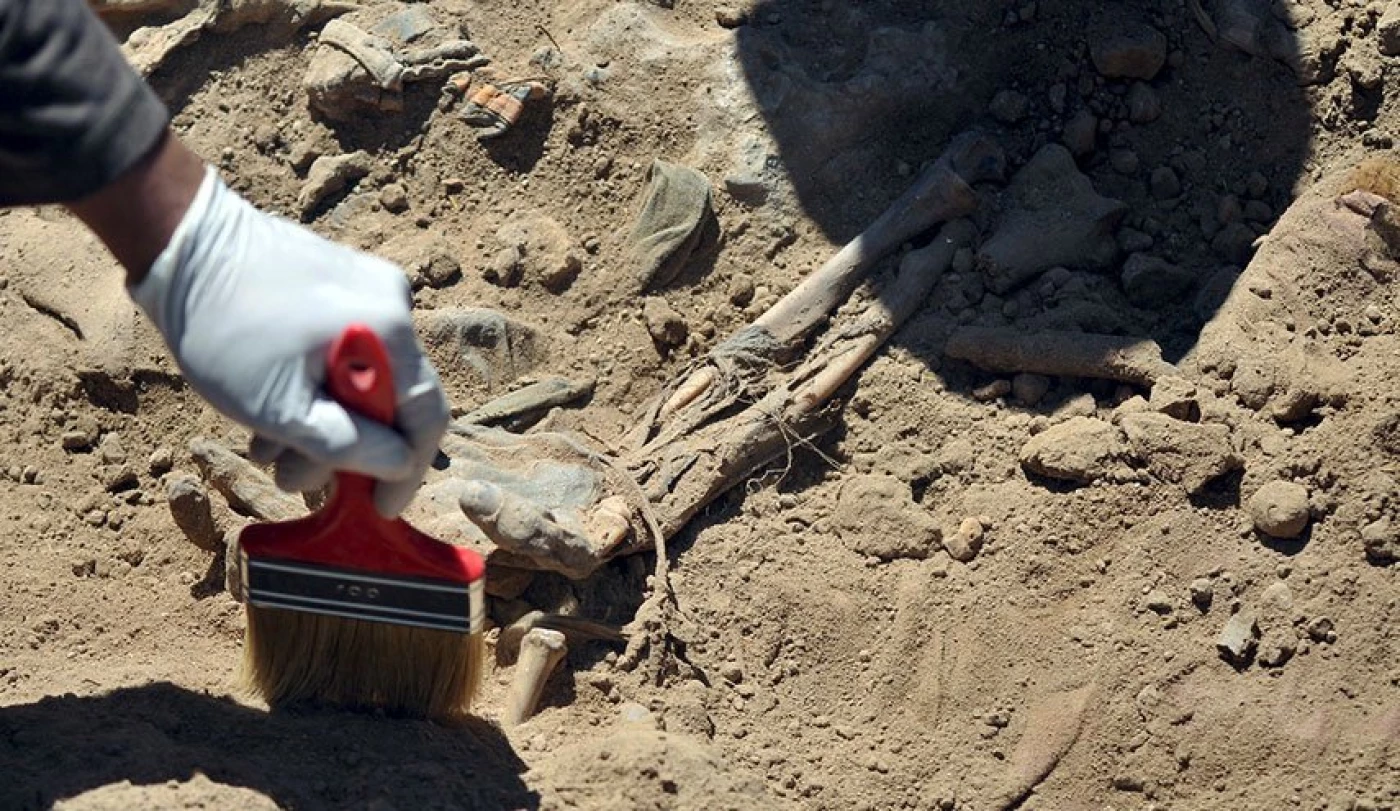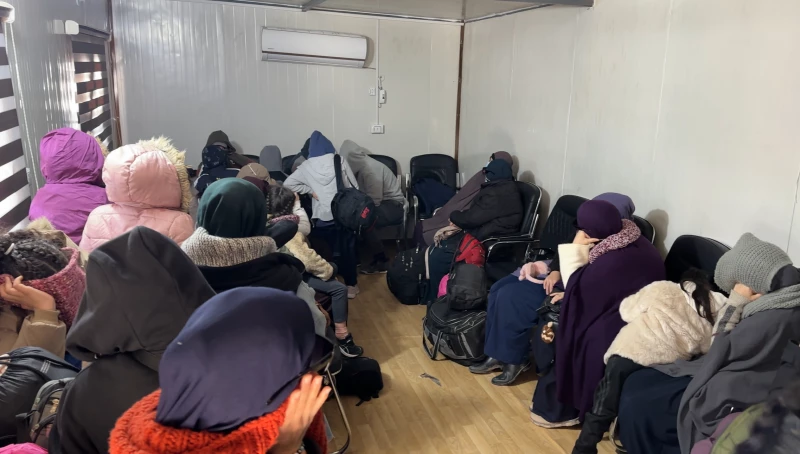ERBIL, Kurdistan Region of Iraq - A mass grave suspected to contain the remains of 17 Peshmerga soldiers killed by the Islamic State (ISIS) has been exhumed in Kirkuk province’s Hawija district, Yasamin Munzir, an official from Iraq’s Forensic Department, told The New Region on Thursday.
“With the help of the Kurdistan Regional Government, we have taken [DNA] samples from their families in Erbil province,” to identify the dead bodies, Munzir, who is in charge of the mass graves department at the Iraqi Forensic Department, told The New Region.
During the three-year-long battle against ISIS from 2014 to 2017, the Peshmerga forces defended a front line of nearly 650 miles against the extremist group.
More than 2,000 Peshmerga soldiers were killed, over 10,000 wounded, and at least 70 were taken hostage in the fight, according to data from the KRG’s Ministry of Peshmerga Affairs.
At the peak of the fight against ISIS in 2015, a group of 18 Peshmerga soldiers were taken captive by ISIS in southern Kirkuk, and a few days later, they were shown in orange jumpsuits being paraded across the streets of Hawija while in metal cages.
Hawija, a region that had once been a stronghold, was retaken from ISIS in October 2017.
Kurdish Peshmerga forces played a pivotal role in shattering the myth of ISIS, decisively contributing to the lasting defeat of the extremist group in 2017, three years after they occupied a significant swathe of territory.
In 2018, the United Nations Assistance Mission in Iraq (UNAMI) revealed that it had documented 202 mass grave sites for ISIS victims in the provinces of Nineveh, Kirkuk, Salahaddin, and Anbar, estimating the number of victims in the mass graves to be between 6,000 and 12,000 people.
With the ultimate territorial defeat of ISIS in Iraq, locals and authorities began discovering tens of mass graves across all the regions the extremist group had once overrun.
In August 2016, The Associated Press concluded an investigation into mass graves, finding that between 5,200-15,000 people were buried in 72 mass graves in regions ISIS had once ruled in Iraq and Syria.
ISIS controlled large swathes of territory in parts of Iraq and Syria following their rise in 2014. The group was declared territorially defeated in 2019. The group no longer controls any territory but is active in their hit-and-run operations, posing a danger to security around the areas they once controlled.



 Facebook
Facebook
 LinkedIn
LinkedIn
 Telegram
Telegram
 X
X


